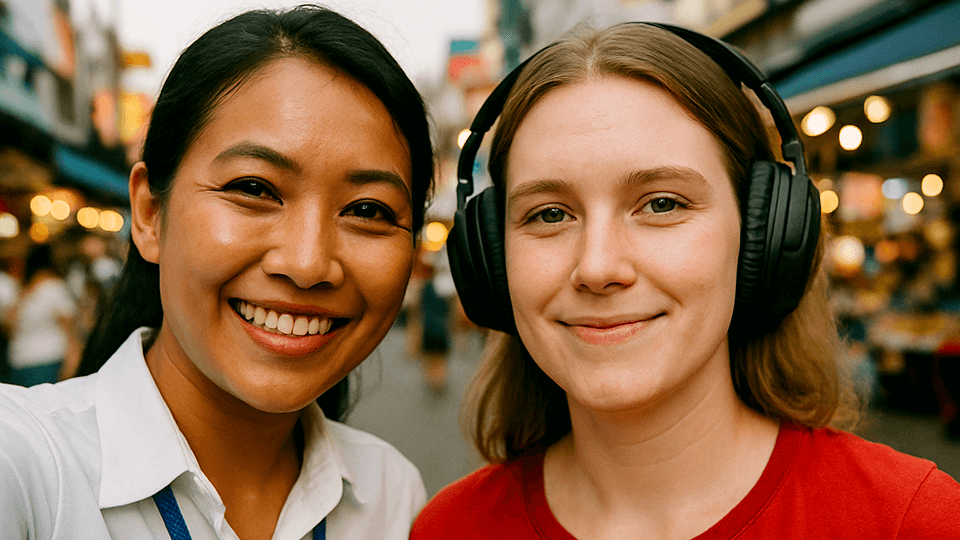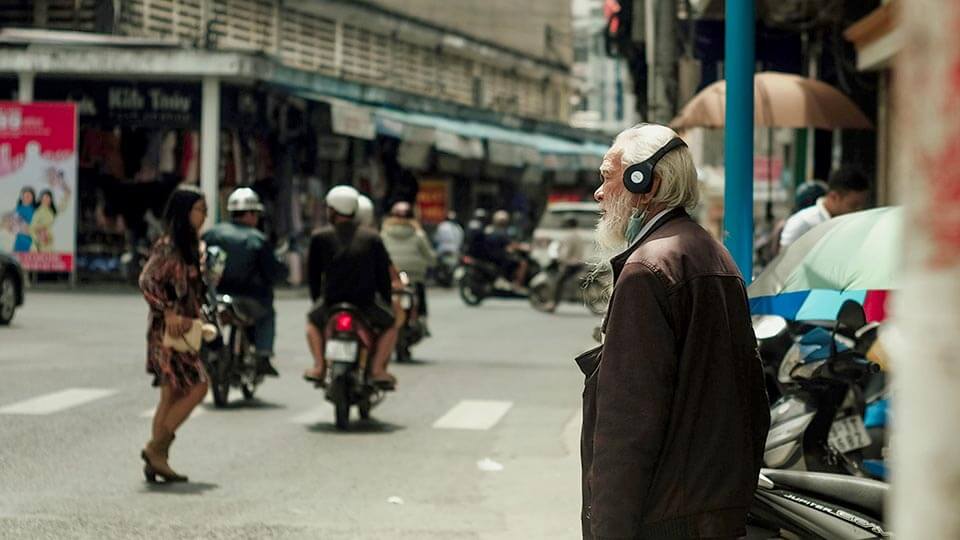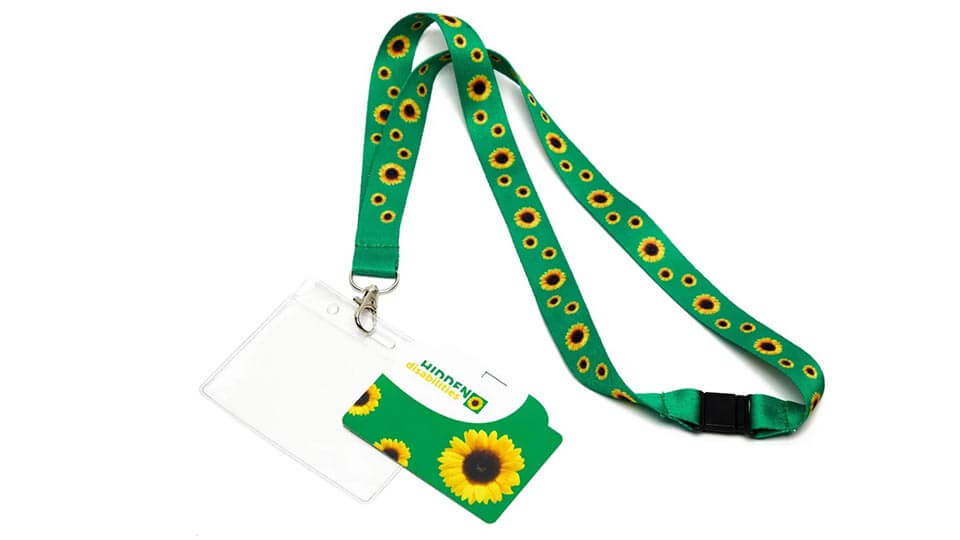Bangkok Travel Tips for Neurodivergent Travellers: How to Prepare for Your Trip
Bangkok is a feast for the senses. The colours, sounds, smells, and energy of the city can be exhilarating, but also overwhelming if you’re neurodivergent or travelling with someone who has autism for example.
If you’ve never been to Thailand before, you may have read that Bangkok is “intense”. That’s true, but it’s also incredibly rewarding when approached with the right mindset and preparation. The key is understanding the sensory landscape of the city, knowing what to expect, and having someone local to help you navigate it.

Our guides have been helping visitors experience Bangkok and surrounding regions for years. While we’re not a fully specialist neurodiversity-focused service, we understand that comfort, predictability, and flexibility make a big difference.
Understanding Bangkok’s Sensory Landscape
Heat & Humidity
From March through October, Bangkok can feel like walking through warm soup. The combination of high temperatures and humidity can be draining, especially in April and May, which are the hottest months. Even November to February, while cooler, can still be warm by most visitors’ standards.
Tip: Wear breathable, light fabrics, take shade breaks every hour or two, and schedule outdoor activities for mornings or late afternoons. Our private tours allow us to adjust on the fly to keep you comfortable.
Smells – From Delicious to Unexpected
Street food stalls, incense from temples, fresh flowers at markets, Bangkok is full of wonderful aromas. But in some areas, you might also catch less pleasant smells from open drains or stagnant water. For smell-sensitive travellers, this can be jarring.
Tip: Carry a light scarf or mask to reduce unexpected odours, and let your guide know so we can plan routes that avoid the worst spots. For those who are both sensory-seeking and avoidant, you may consider carrying a small menthol or herbal vapour stick (like many Thais use) which can help mask unpleasant smells while still giving you a controlled, grounding sensory input.

Noise Levels
Motorbike engines, honking traffic, busy chatter, and background music all blend into Bangkok’s soundtrack. While many with ADHD for example find it energising, other neurotypes can find it exhausting.
Tip: Your noise-cancelling headphones or earplugs should take the edge off. We also break up noisy locations with quieter stops, like parks, smaller temples, memorials, etc.

Crowds and Personal Space
Markets, tourist streets, and transport hubs can get tightly packed, especially on weekends. Personal space isn’t a strong cultural concept in Thailand, and you may feel jostled in busy areas.
Tip: Visit high-traffic spots early in the day, and let your guide steer you to lesser-known but equally fascinating alternatives.
Cultural Differences
From enthusiastic street vendors to different bathroom facilities, cultural norms can be very different from home. For example, bargaining at markets can be loud and playful, but may feel stressful to someone with anxiety (or who struggles with social norms and expectations).
Tip: Your guide can step in for transactions and help manage interactions so you’re not caught off guard.

Travelling with Common Co-Morbidities
PDA (Pathological Demand Avoidance)
Avoiding rigid schedules can make the trip smoother. We build in choices and control points so you don’t feel boxed in.
POTS (Postural Orthostatic Tachycardia Syndrome)
Frequent rest stops, shaded seating, and hydration breaks are key.
Food Sensitivities
Thai cuisine is diverse, but sauces and spices often contain hidden ingredients like fish sauce, soy, or chili. We help communicate your needs to restaurants and seek out safer dining spots.
Anxiety & OCD
Knowing the plan in advance can ease anxiety, and we can provide clear, predictable itineraries. For OCD contamination concerns, we avoid less sanitary facilities and keep bottled water handy.
Additional Key Considerations
- Lighting Sensitivity: Night markets and malls sometimes use flashing lights or neon displays.
- Temperature Swings: Going from outdoor heat to very cold air conditioning can be physically uncomfortable.
- Street Layouts: Pavements can be uneven or crowded with vendors.
- Restroom Access: Public toilets vary widely in cleanliness; some have a small fee.
- Unplanned Events: Street parades, protests, or sudden festivals can disrupt plans. Your guide can quickly reroute to avoid overwhelm.
How a Private Guide Makes It Easier
- We can help choose the calmest times to visit key attractions.
- We seek out quiet corners for sensory breaks.
- We handle transactions, tickets, and communication so you can focus on enjoying the experience.
- We adapt in real time, if something feels too much, we can suggest alternative options.
- We provide a consistent, familiar point of contact for the entire day, reducing uncertainty.
Ready to Explore Bangkok at Your Pace?
You don’t have to “push through” sensory discomfort to enjoy Thailand. With thoughtful planning, clear communication, and an experienced guide who understands the city, you too can experience the spectacle of Bangkok.
We’ve guided thousands of visitors through this incredible city and can tailor the day to your comfort level, whether that means avoiding crowded markets, scheduling regular rest stops, or simply pacing the day so you can absorb each moment.
Contact us today to book a private Bangkok tour that works with your needs, not against them. The city is waiting, and we’ll help you enjoy it on your terms.
